Bamboo Capital Shareholders' Meeting: Approved plan to increase capital to over VND 8,800 billion
In the next 3 years, BCG needs more than 60,000 billion VND to implement renewable energy projects and real estate projects, so it is necessary to issue additional capital to restructure capital and improve business performance.
On the morning of April 27, Bamboo Capital Group (BCG - HoSE) held the 2024 Annual General Meeting of Shareholders, approving a series of important issues.
Why did Chairman Nguyen Ho Nam resign?
This is a question from a shareholder to the Presidium and Mr. Nam himself at the meeting. Previously, Mr. Nguyen Ho Nam, Chairman of the Board of Directors of Bamboo Capital, submitted his resignation letter one day before the meeting, right after Mr. Nam was elected to the Board of Directors of Eximbank.
In his resignation letter, Mr. Nam said he was stepping down from his duties as Chairman to "focus on being in charge of the Founding Council and the Advisory Council in directing the strategic direction of Bamboo Capital Group".
Responding to shareholders, Mr. Nguyen Ho Nam said that the Group has prepared in advance for this in the direction of restructuring. BCG currently has 12 leaders ready to inherit the 9 original founding staff, under these 12 people there is a team of 42 core staff ready to follow.
BCG is developing a corporate model that does not depend on any member, so the founding staff will gradually withdraw from the Board of Directors so that the next generation of staff can develop with a more stable mindset.
“I am resigning not to leave but to move to a new position as the Strategy Council, of which I will be the Chairman. With a new mindset, the Strategy Council will spend time looking for new directions for the Group,” said Mr. Nam.
Also related to personnel issues, the congress approved the dismissal of Mr. Nguyen The Tai and Mr. Pham Nguyen Thien Chuong from the Board of Directors for the 2020-2025 term.
Notably, Mr. Kou Kok Yiow, Member of the Board of Supervisors for the 2020 - 2025 term, was also dismissed and elected to the Board of Directors of BCG with Mr. Hoang Trung Thanh, Vice Chairman of the Board of Directors of BCG Energy JSC.
Meanwhile, Mr. Leong Kwek Choon, currently a senior advisor to RE Subtainability International Company Limited (Singapore), was elected to the Board of Supervisors, replacing the position left by Mr. Kou Kok Yiow.
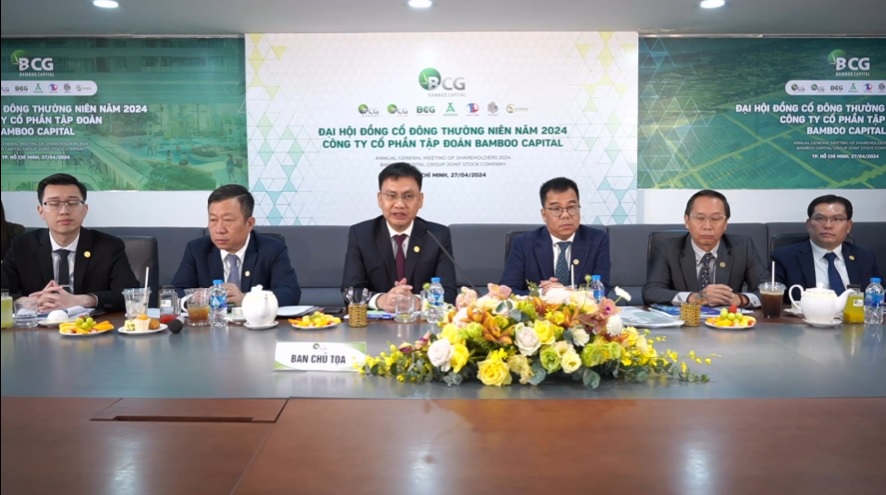 |
| Bamboo Capital's 2024 Annual General Meeting of Shareholders was held online on the morning of April 27. (Screenshot) |
2024 profit plan is 5.5 times higher than last year's performance
Also at the meeting, the General Meeting of Shareholders approved BCG's 2024 business plan, with the target of consolidated net revenue reaching nearly VND 6,103 billion and after-tax profit of nearly VND 952 billion, an increase of 52% in revenue and 5.5 times in profit.
Specifically, in the renewable energy sector, BCG plans to complete price negotiations for the two Phu My and Krong Pa 2 solar power projects; continue to promote the completion of the 150 MW rooftop solar power project; and deploy the construction of 550 MW onshore and offshore wind power (expected COD in 2025).
Regarding the waste-to-energy segment, BCG Energy plans to build the first waste-to-energy plant in Cu Chi district (total capacity of 200 MW) in 2024, processing 2,000 tons of waste/day, with phase 1 to be completed in 2025 and phase 2 to be completed in 2026; in addition, a plant will be built in Long An with a capacity of 500 tons/day.
Regarding real estate, BCG Land (BCR) will focus on completing the construction of ongoing projects including Malibu Hoi An, Hoian d'Or and King Crown Infinity; speeding up the completion of project legal procedures; researching and developing industrial park real estate.
In the field of construction - infrastructure investment, in 2024 Tradico will implement Package No. 12 of the Chau Doc - Can Tho - Soc Trang expressway project and Duc Thinh residential area project (Bac Giang).
For the financial services sector (AAA Insurance), AAA aims to achieve a minimum premium revenue of VND1,000 billion in 2024, with a minimum after-tax profit equal to 2023 but possibly reaching around VND17 billion (up 71%). At the same time, AAA will deploy the application to register securities trading on the UPCoM exchange.
In the production and trade sector, first of all, the pharmaceutical industry with Tipharco, based on caution due to many fluctuations, the 2024 plan is at 406 billion VND in revenue and 33 billion VND in profit.
In the commercial sector, Nguyen Hoang Development JSC will focus on key products such as interior and exterior wooden furniture and modified cassava starch to generate stable revenue and seek partners to expand the market.
Will increase capital to more than 8,800 billion VND
Also at the congress, BCG approved the proposal for issuing shares to increase charter capital from equity capital. Specifically, as of December 31, 2023, BCG's charter capital reached nearly VND 5,335 billion. The company plans to issue shares at a ratio of 2:1 to increase charter capital to VND 8,002 billion. Then, issue an additional 80 million shares from equity capital. Thus, BCG's charter capital is expected to reach more than VND 8,800 billion if the above plans are successfully implemented.
According to Vice Chairman of the Board of Directors Pham Minh Tuan, in the next 3 years, BCG will need more than 60,000 billion VND to implement renewable energy projects (wind power, waste-to-energy) and real estate projects. In the past, BCG has mobilized capital in the form of loans and bond issuance, so the main purpose of issuing additional shares is to restructure capital and improve the efficiency of the business.
As of December 31, 2023, BCG's total assets reached VND 42,009 billion. Thanks to the optimization of working capital management to ensure financial security for the Company, BCG's financial structure has improved significantly in the direction of increasing equity and reducing debt. As a result, BCG has successfully reduced the debt-to-equity ratio to 1.4 times by the end of 2023 (within the ideal ratio range of 1.0 - 1.5 times), compared to 2.2 times at the end of 2022 and a record level of 7.2 times at the end of 2020. In addition, the debt-to-equity ratio also decreased to 0.7 times, compared to 1.1 times the previous year.
Source


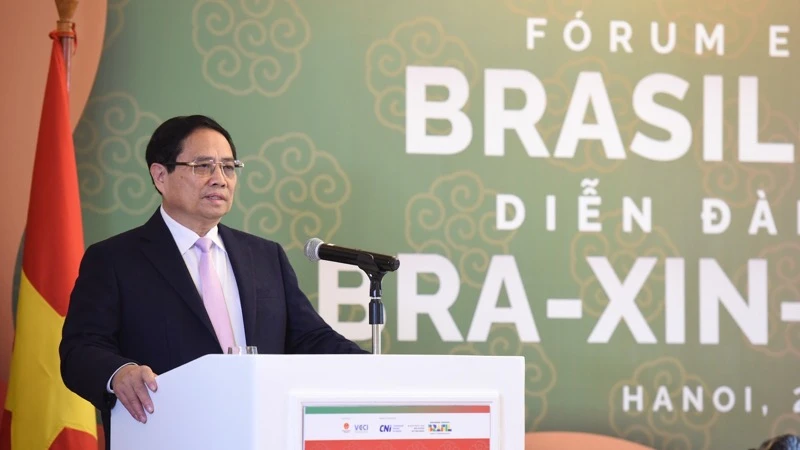

![[Photo] Prime Minister Pham Minh Chinh and Brazilian President Luiz Inácio Lula da Silva attend the Vietnam-Brazil Economic Forum](https://vstatic.vietnam.vn/vietnam/resource/IMAGE/2025/3/29/f3fd11b0421949878011a8f5da318635)

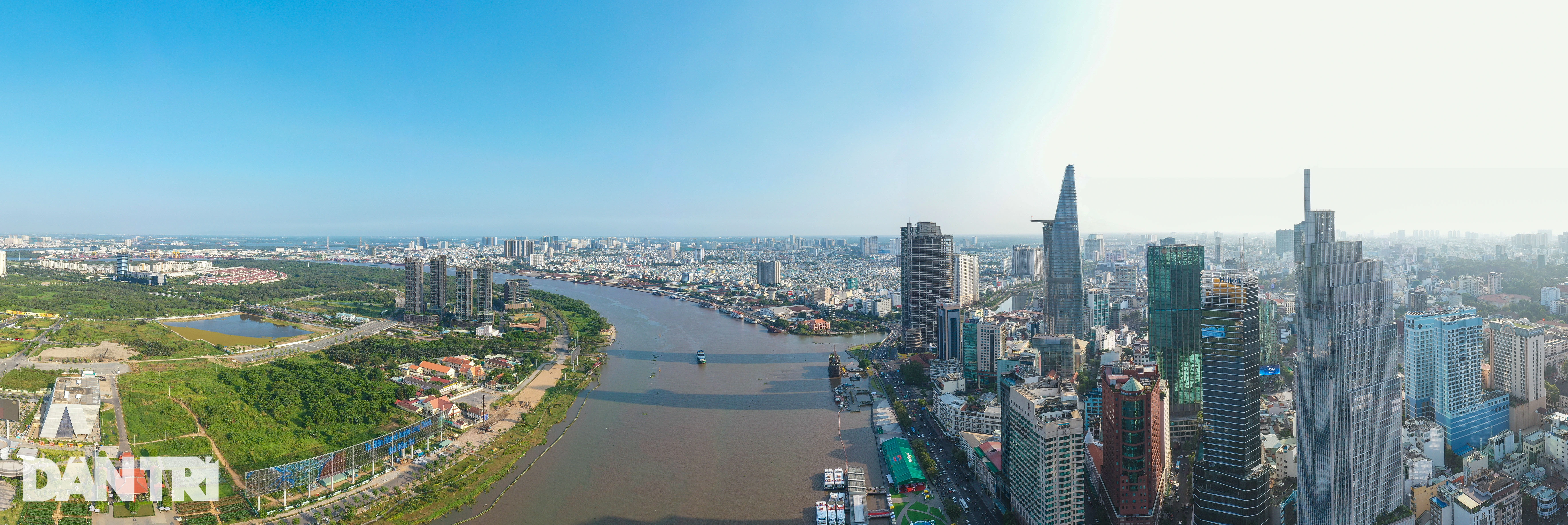
![[Photo] Brazilian President visits Vietnam Military History Museum](https://vstatic.vietnam.vn/vietnam/resource/IMAGE/2025/3/29/723eb19195014084bcdfa365be166928)
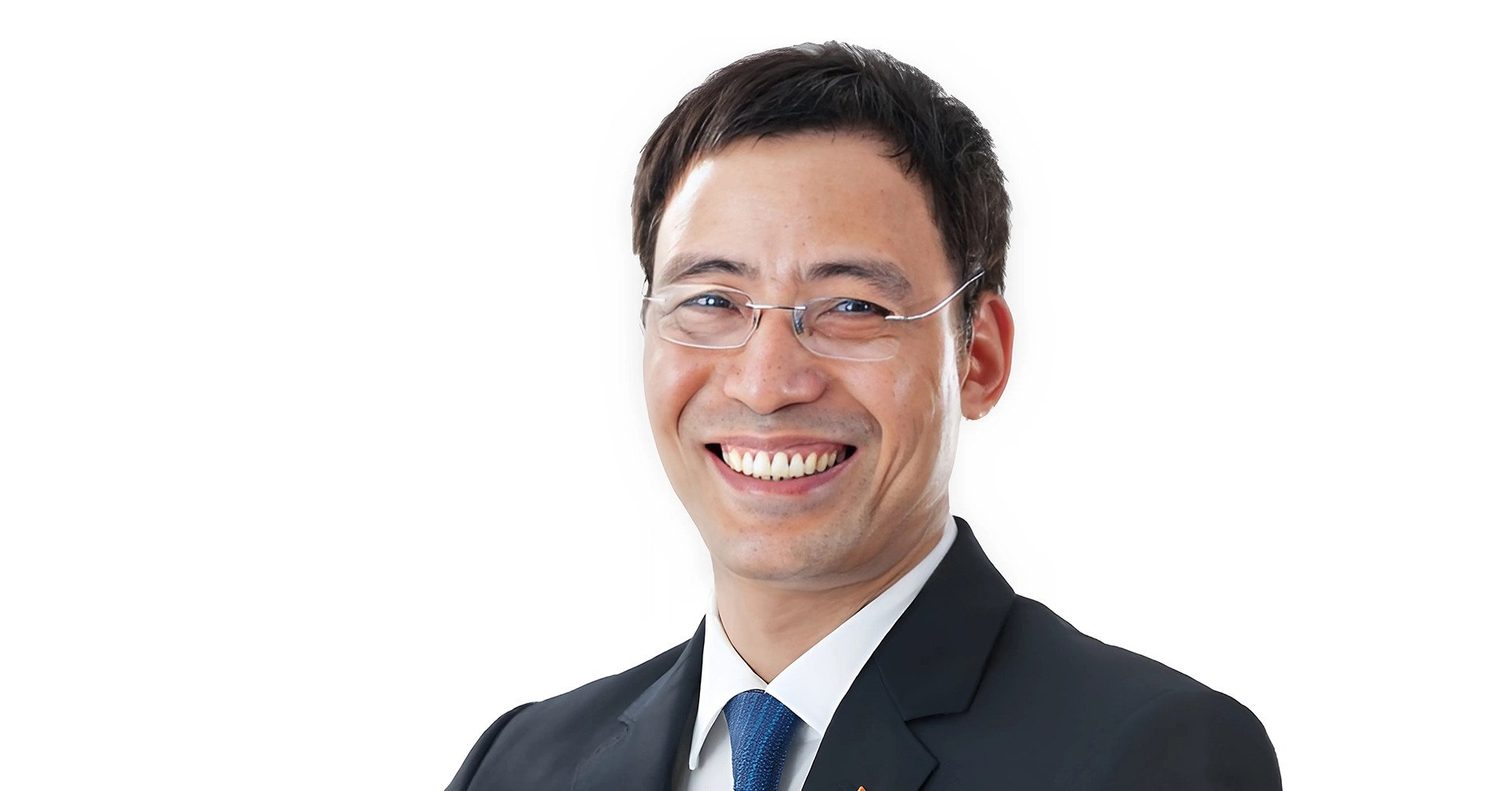



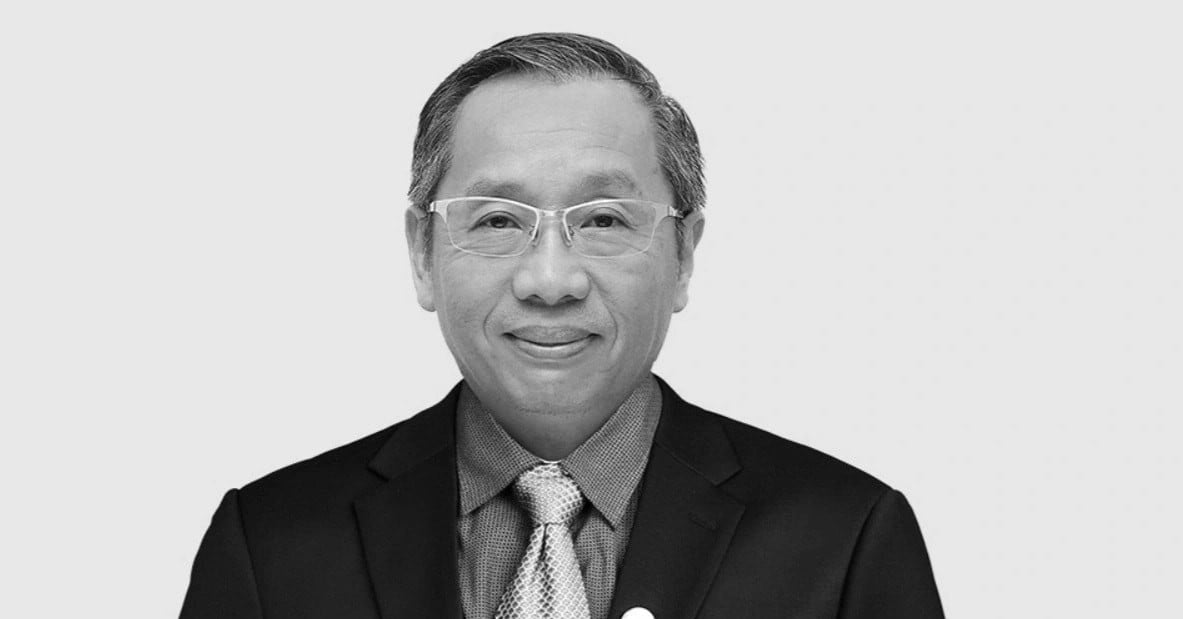
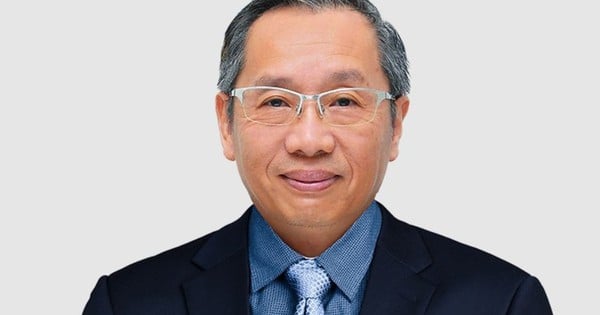
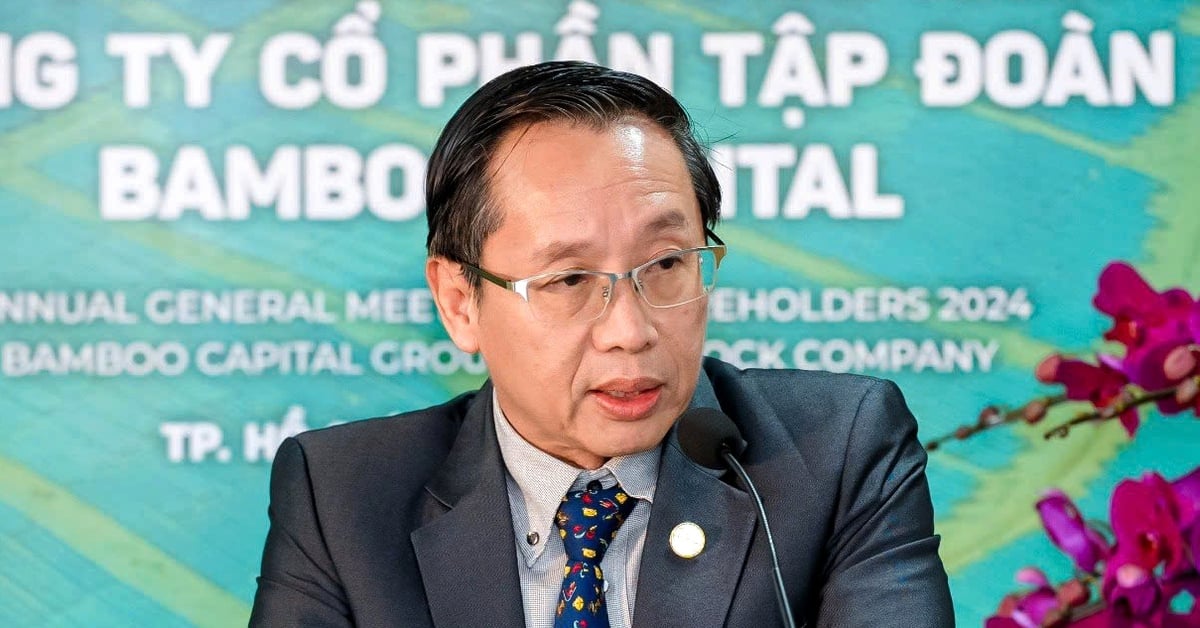

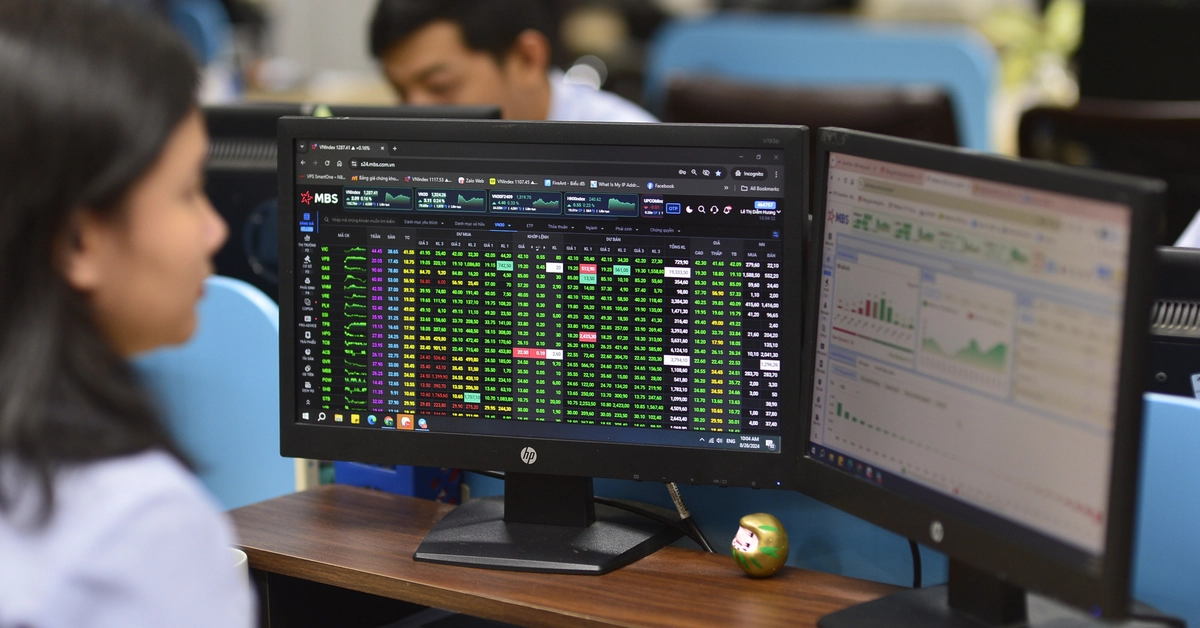



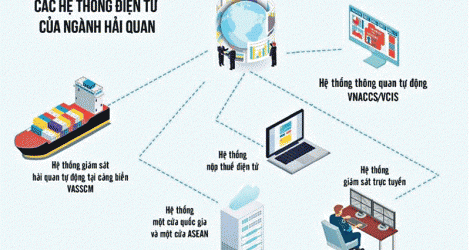

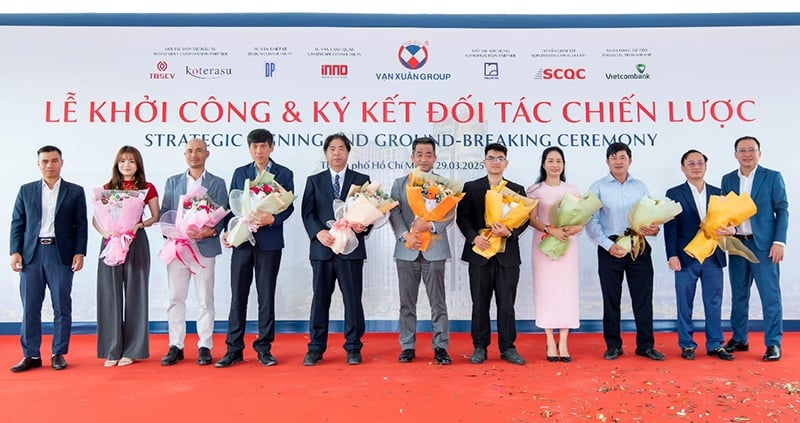








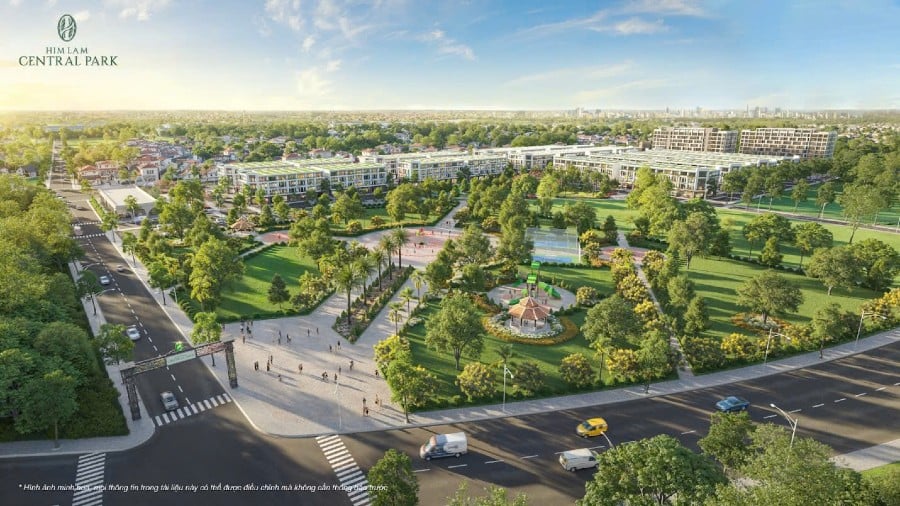















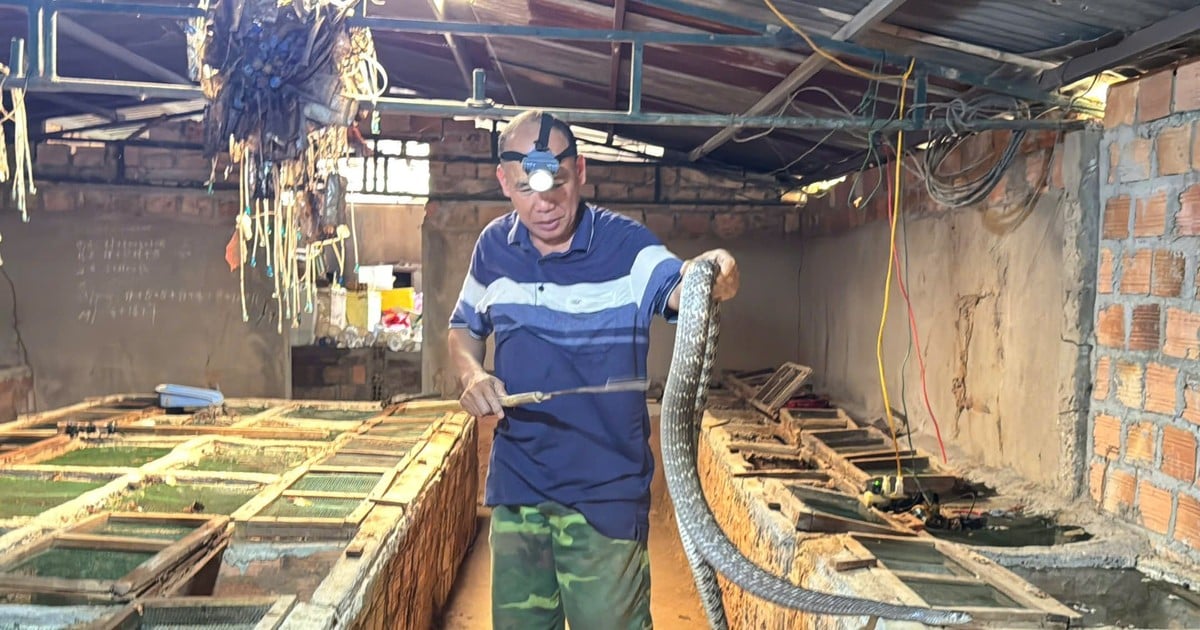



















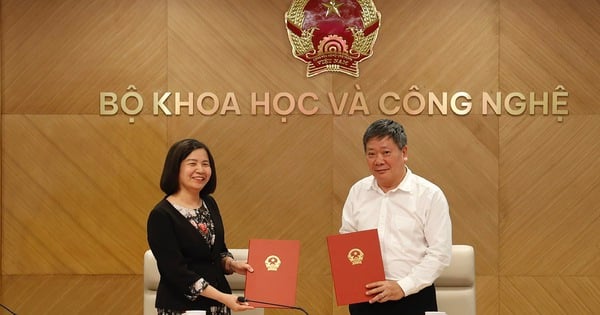

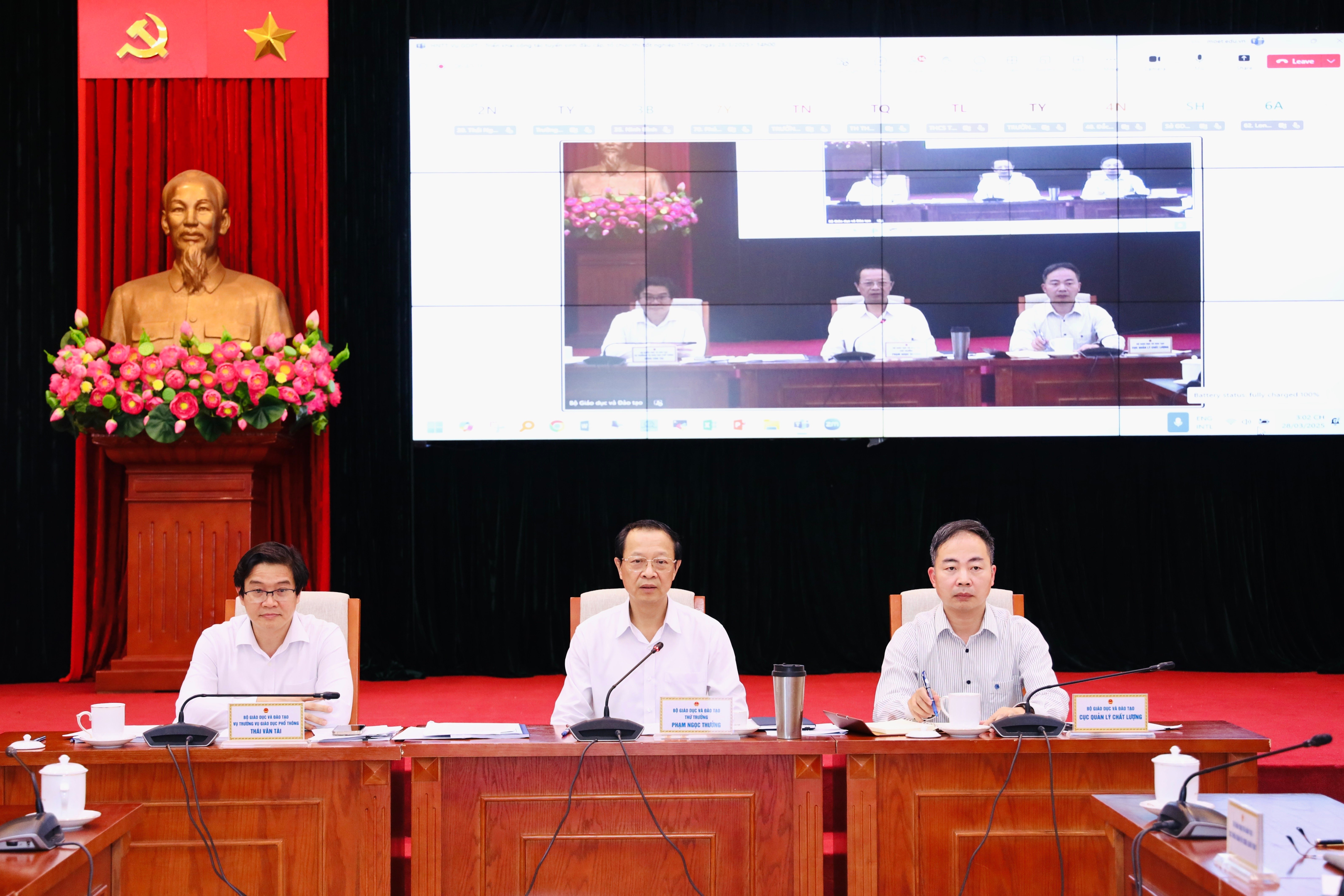



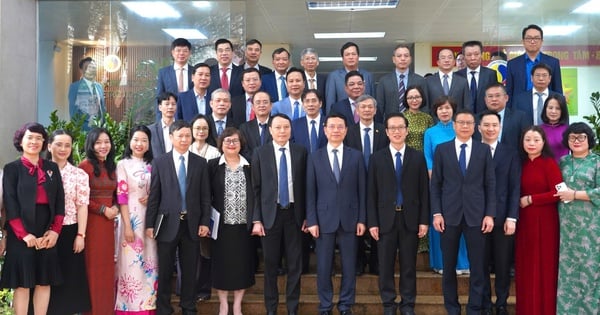
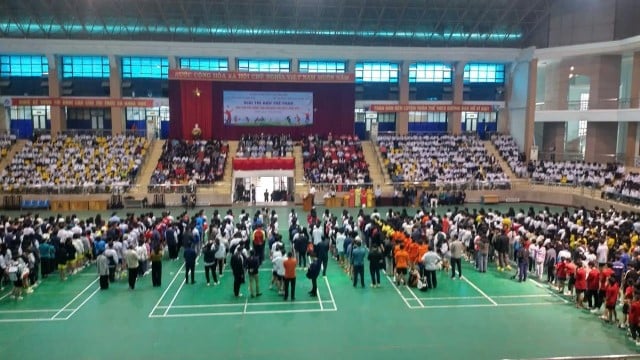

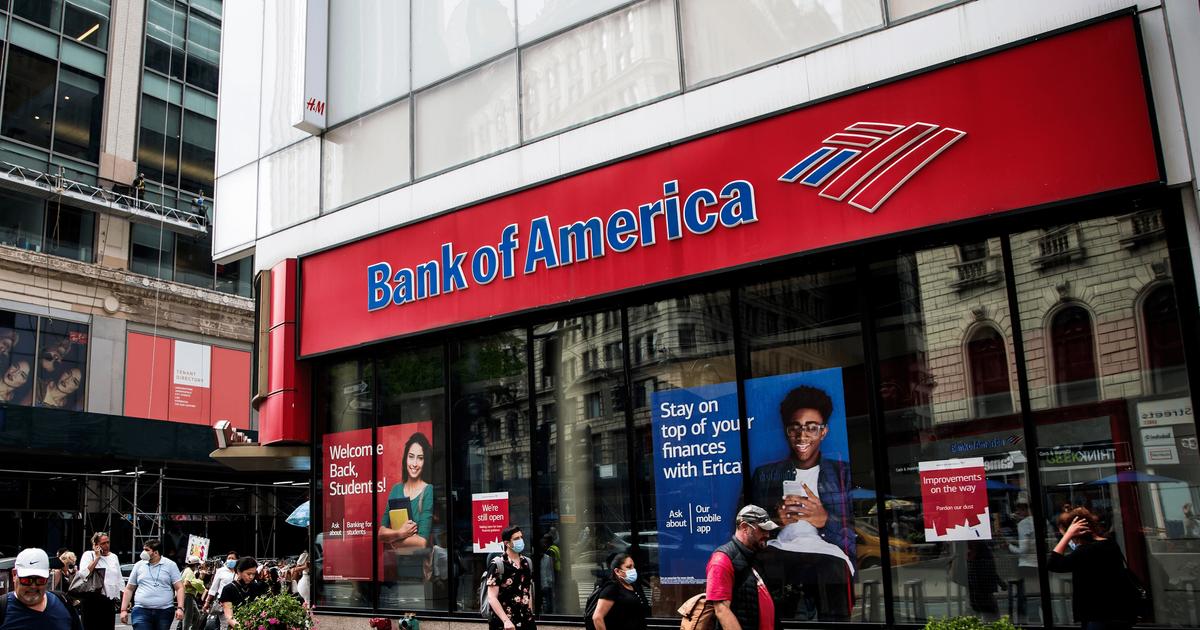


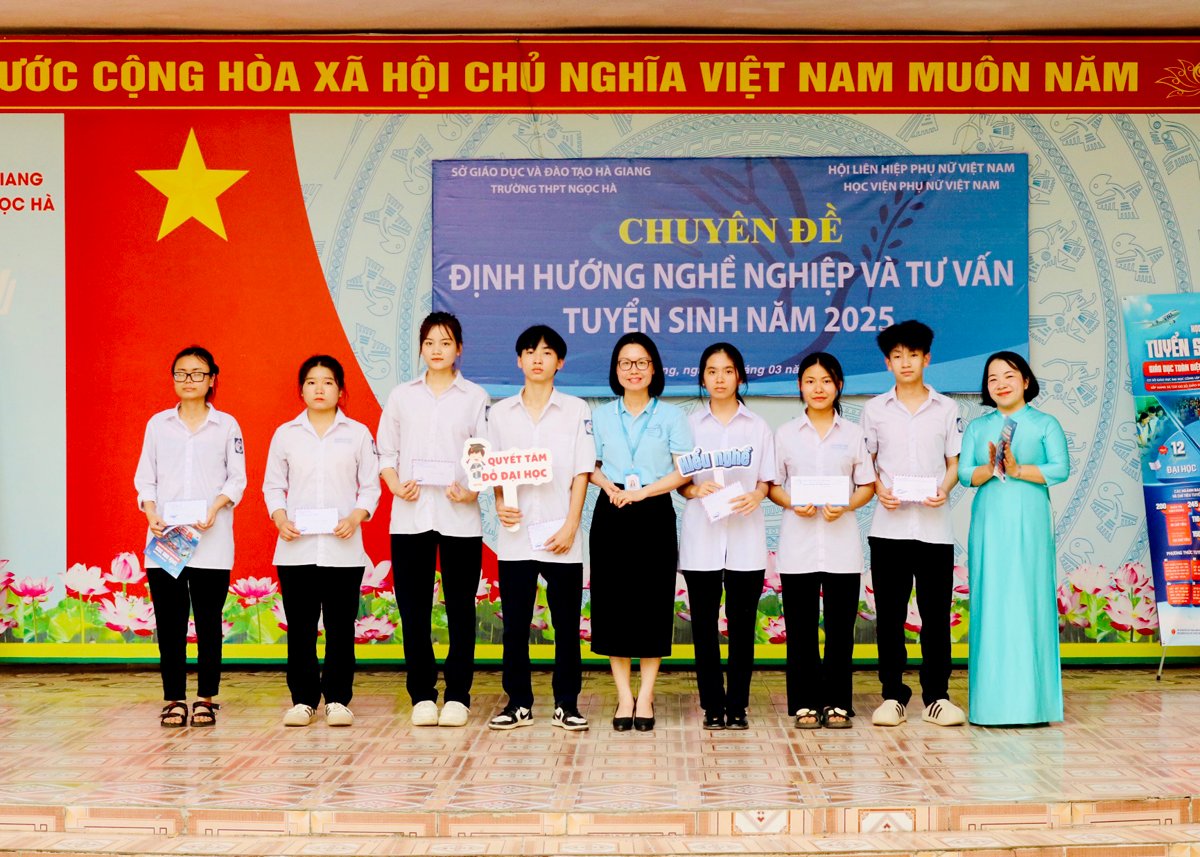

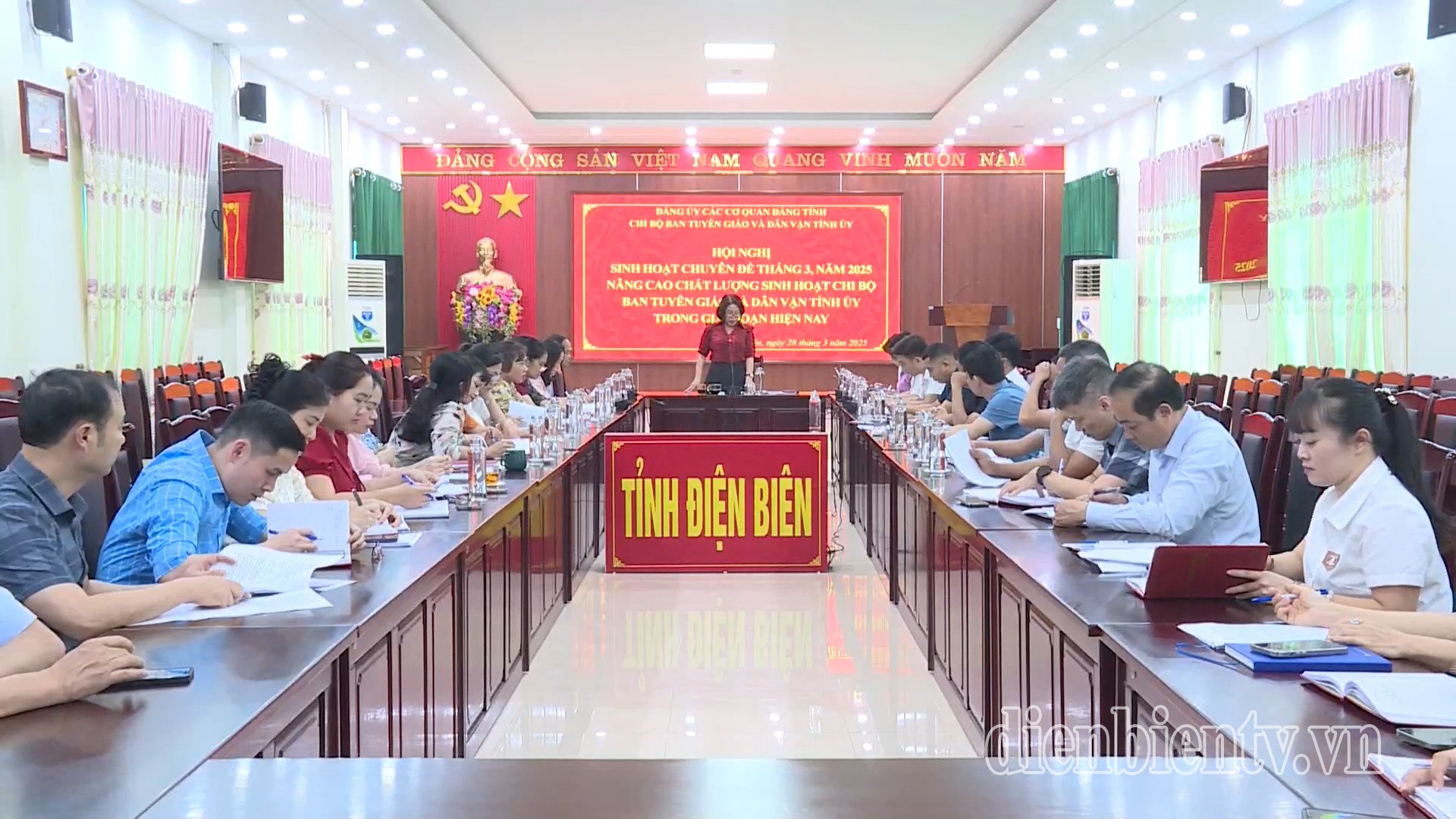









Comment (0)